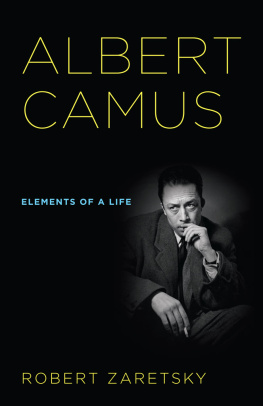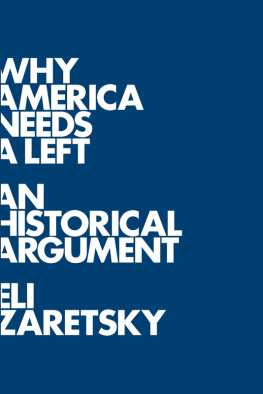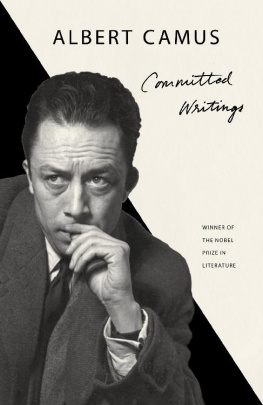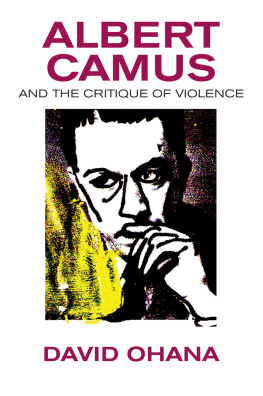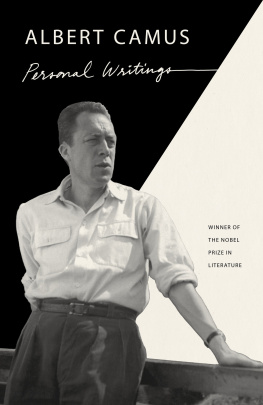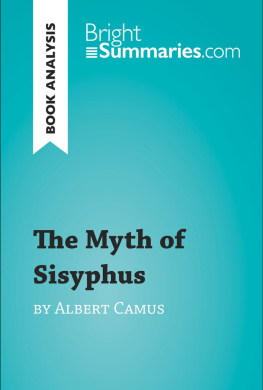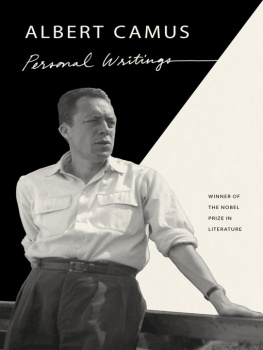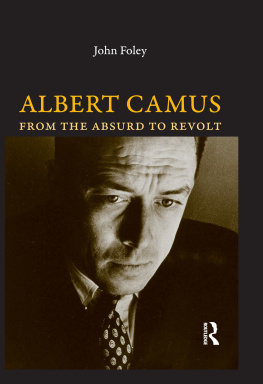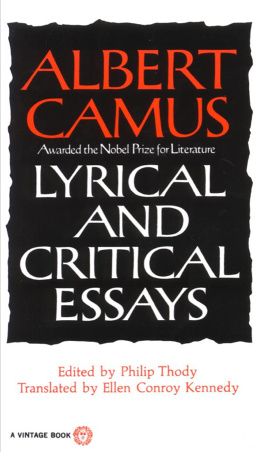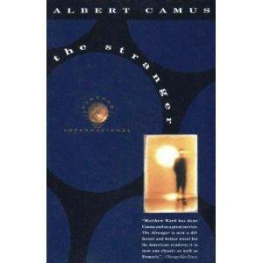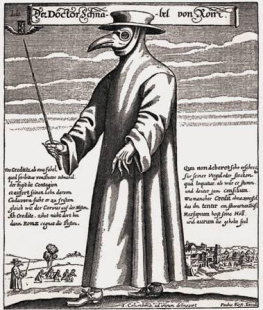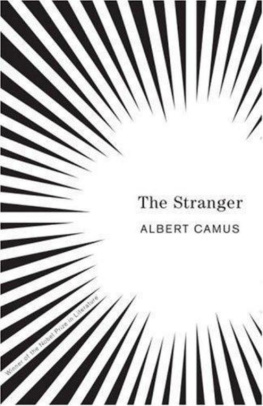
FROM COUNTY MAYO TO KABYLIA
Yes, there is beauty and there are the humiliated.
Whatever the difficulties the enterprise may present, I would
like never to be unfaithful either to one or the other.
Rarely had turn-of-the-century Ireland seemed so familiar as it did in interwar Algeria. The comic masterpiece by the early twentieth-century Irish playwright John Millington Synge, The Playboy of the Western World, had traveled to the edge of the Eastern world in 1939. An amateur theatrical group, the Thtre de lEquipe, was performing the play in the jewel of the French colonial crown, Algiers. But in unexpected ways, Synges and the audiences worlds were similar. Both were impoverished margins of empires: French Algeria and British Ireland. Both were home to indigenous peoples, Irish Catholics and Arab Muslims, respectively, who were increasingly dissatisfied with foreign rule. Both were blasted by famineresulting, in part, from imperial misrulethat forced great waves of immigrants to foreign shores. Both harbored ruling classes, the Anglo-Irish gentry and pied noir settlers, who were as much exiles in their adopted lands as they were in the mother countries. And both communities nurtured circles of artists who fought to express the experience of the colonized through the medium of the colonizers language.
Albert Camus, the actor playing the role of Christy Mahon appreciated these parallels. In fact, Camus and Christy were kindred spirits. Like Camuss father, Lucien Camus, who had died in the Battle of the Marne in 1914, a year after the birth of his son, Old Mahon, Christys father, had also been killedor so his son thought. Christy had bashed him on the skull with a shovel, to discover days later that he had only knocked him unconscious. Both Camus and Christy had tongues that soared in flight, sweeping along women in their wake. (One can only imagine the reaction of one of the members of the amateur cast, Francine Faure, who would soon become Camuss second wifeand the victim of his serial infidelitieswhen Pegeen tells Christy that any girl would walk her heart out before shed meet a young man was your like for eloquence or talk at all.) Both men even shared the same heritage: Christys background (or so he proclaimed) was in equal parts French and Spanish; the family of Camuss father hailed from Bordeaux (and not from Alsace, as Camus had always believed), and his mothers family came from Majorca.
And both men were still unformed. At the plays high point, when Christy learns Pegeen loves him, he wonders: Is it me? During the same period, though for different reasons, Camus also asked: Is it me? As he wrote in his journal: I am uncertain of the future but have achieved total liberty toward my past and toward myself. Here lies my poverty, and my sole wealth. It is as if I were beginning the game all over again, neither happier nor unhappier than before. But aware now of where my strength lies, scornful of my own vanities, and filled with that lucid fervor which impels me forward toward my fate.
In 1907, the opening of Synges comedy in Dublin sparked a riot. Rather than the plays depiction of rural poverty, popular violence, or rough justice, the audience, according to some observers, had been shocked by an allusion to local women in their undergarments. While there were no riots at the Salle Pierre Bordes in 1939, poverty, violence, and justice were very much on the minds of the actors and audience that night. This was particularly true for Camus, the leader of the Thtre de lEquipe, the theatrical troupe responsible for the production. As he had already told one of his high school teachers, I have such a strong desire to see reduced all the misfortune and bitterness which poisons humankind.
Between 1936 and 1939 both the Thtre de lEquipe and its predecessor, the Thtre du Travail, were known as la bande Camus. Veteran of a school production of Alexandre Dumass Three Musketeers, Camus must have enjoyed the tag. If it was a coincidence that he played the role of dArtagnan, it was a happy one. Like the Gascon (and his compatriot, Cyrano de Bergerac), Camus was a young man from a region famed for its lyricism and courage. And as youthful and untried as dArtagnan, Camus quickly imposed himself on the others as leader. Dumass observation that it was as if dArtagnan had commanded others his entire life applied equally to Camus.
No less important, dArtagnan leads his fellow musketeers in their celebrated refrain: one for all and all for one. Since become a clich, it nevertheless expressed more than simple romantic verve when exclaimed by friends united in a common enterprise. That refrain also underscores a dilemma at the heart of communitarian thought: How to reconcile individual initiative and group cohesion? Both theater groups insisted on equal participation between the actors and audience, just as they insisted on full parity among themselves. Yet, despite these official claims, Camus was clearly first among equals. He had founded both groups, influenced the choice of plays, directed the productions, and wrote his own works or adapted those of others. Yet this caused little dissension or resentment. One for all, all for one: these theatrical ventures sprang from Camuss conviction that theater must project the collective realization of one mans thought.
They also sprang from the idealism then sweeping through the French Left. As fascism threw its shadow across the continent during the 1930s, movements on the Left began to stir. In France, the formation of the Popular Front in 1934the fragile alliance of Socialists, Communists, and Radicalswas spurred by a common fear of fascism at home. Though the Popular Fronts time in power was short-lived, the idealism it nurtured was at the heart of Camuss theatrical work. It was a time when Andr Malrauxs early novel, Lge du mpris (Days of Contempt), portraying a working-class communitys resistance to Nazism, was galvanizing French youth. The novel overwhelmed Camus. In fact, the young man was impressed enough to write to Malraux, asking for permission to adapt the story for the Thtre du Travail. The older man, in turn, was impressed enough by the unknown writers gumption that he sent a one-word reply: Play. Camus was as overjoyed by the dramatic command as he was by the familiar tu form in which it was cast.
Andr Malraux was perhaps Andr Malrauxs greatest dramatic creation: few figures in modern France were more gifted at representing themselves on the stage of historyor more driven to do so. By the time Camus entered university, he sympathized with this desire. When among friends, Camus reveled in playacting, miming scenes, declaiming speeches, mixing comedy and tragedy. (A bit like a North African Damon Runyon, he especially relished the patois and accents he heard in the streets and cafs of Algiers.) But as with his hero Malraux, the young pied noir often blurred the line between theater and reality, stage and street. Even when alone, he tended to see his life in theatrical terms. Commentators have, in fact, suggested that Camus turned himself into a character and director in his letters and writings: acting for Camus was a fundamental form of existence. How else to conceive a man who, in his journal, expressed the desire to be the perfect actor?
At first glance, this is a common human trait: we all try to make sense of ourselves by staging our lives. Many of us are old hands at such cognitive two-steps, when we stand outside ourselves, assuming the roles of director and commentator. For Camus, this habit became more frequent as he grew more famous. Im at my best at funerals. Really, I shine, he wrote with muted sarcasm in the early 1950s. I walk slowly through iron-festooned suburbs, down wide lanes bordered by cement trees leading to holes dug in the cold ground. There, under a dimly red sky, I look on as stout fellows lower my friend six feet under. A clay-covered hand passes me a flower: I never miss when I toss it into the grave. I show the proper piety and emotions, my head tilted just right. To everyones admiration, I find the right words. But I take no credit: I am waiting.
Next page
